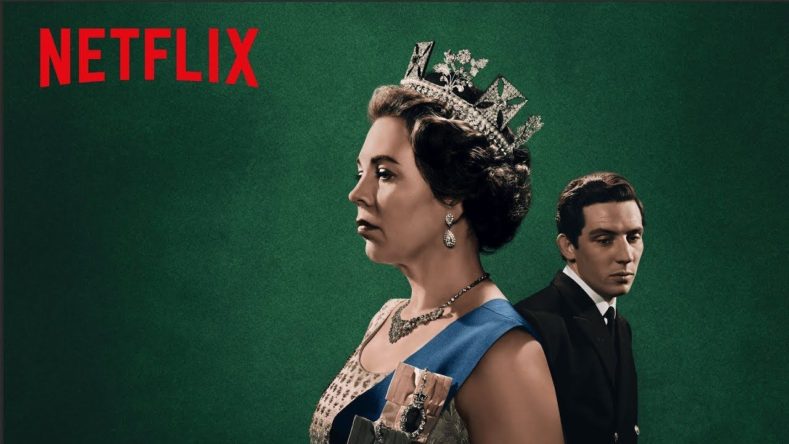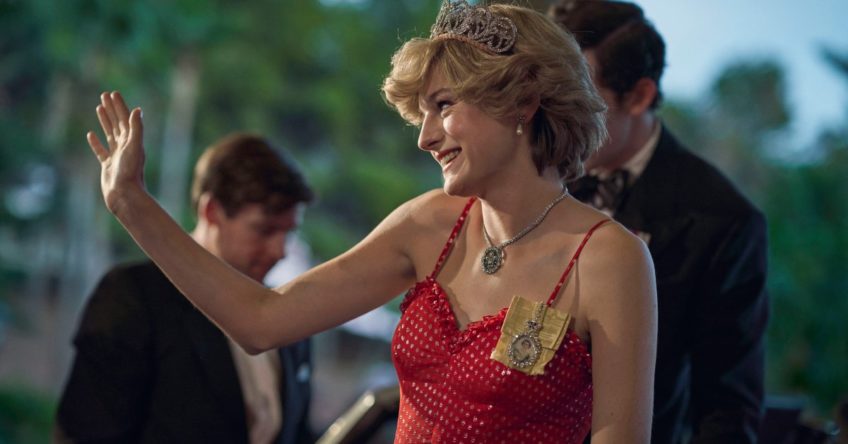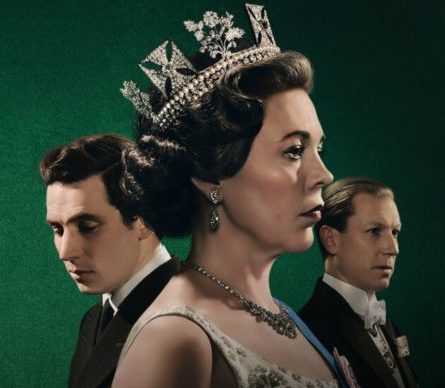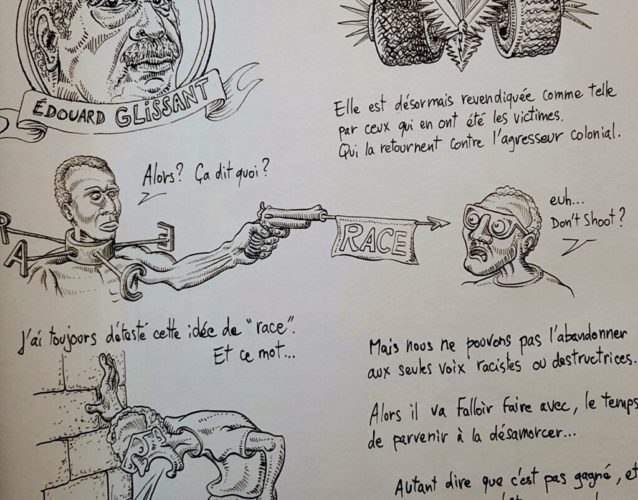The Crown
On Netflix
By Beverly Andrews
Death of the Monarchy
The twentieth century has not necessarily been kind to many of the world’s royals, World War I was the catalyst for the collapse of many royal houses including the Prussian, the Bavarian and the Austro-Hungarian royal family. Along with Saxony’s ruling family, the Ottoman sultanate and Greece’s royal house which was first abolished, then reinstated and then abolished again. The list goes on and on and of course the overthrow of Russia’s ruling Czar and to ensure there was no turning back, the execution of his entire family.
Fast forward to the conclusion of World War II and the world’s last surviving emperor in Japan, forced by the allied powers into an agreement brokered by America, which stipulated a separation of church and state and an admission that the Emperor was no longer a living god. Throughout all of these cataclysmic events the British Royal family appeared somehow to have sailed through unscathed. They not only survived but to some extent seemed to thrive. Netflix’s wildly popular The Crown, a fictionalized account of this unique family who throughout the last century managed to avoid the fate of others, even those they were related to, such as Germany’s Kaiser and Russia’s Czar, and emerge intact. The fourth series though arrives at perhaps the Royal family’s most difficult moment.
History’s Impact on Britain’s Royals
Peter Morgan, the show’s creator, has in the past focused primarily on historic events and their impact on the family. Such as the Aberfan disaster, a tragic mining accident which cost the lives of almost the entire population of the town’s children, when a colliery tip dislodged and slid down a coal face and engulfed a local school. That particular episode was heart wrenching and in many ways surprising since it pointed to the Queen’s own internal struggle to truly feel empathy. Or the assassination of Lord Mountbatten by the IRA and the gulf his absence left within the family itself.
Another outstanding feature of this series is its accounts of the Queen’s ever-changing relationships with each incoming British prime minister. Morgan achieves this through the use of imagined conversations often based on contemporary accounts of her weekly interviews with each new head of state. An initial frosty meeting with Churchill would in time eventually thaw at the end of his life into a relationship of mutual understanding, while it appears the Queen enjoyed an unexpectedly warm friendship with Labour Prime Minister Harold Wilson, a relationship which thrived throughout his term of office.
The arrival of the 80’s
In the fourth series two events collide which would go on to change the perception of the British Royal family forever and they were the arrival of the country’s first female prime minister in the shape of Tory PM Margaret Thatcher and the arrival of a teenager in the shape of Lady Diana Spencer, Prince Charles’ fiancée. With the primary focus shifting from outside events onto the family itself you understand why that decade would go on to change the institution of the British monarchy and some would say possibly endanger its future. It was the arrival of these two women, and one of them in particular who would leave a lasting impact on the crown.
It’s interesting to note how both women’s arrival is depicted, Diana the daughter of a British peer appears initially at least to navigate this family better than others with every member enchanted by her. She is depicted as the right sort of girl for Charles to marry and although his relationship shown here with Camilla is still ongoing, he is reconciled to marry and appears to be prepared to end it.
On the other hand, Prime Minister Thatcher’s arrival is shown to be a great deal more abrasive. She is a weird combination of a no-nonsense sledge hammer and overt deference. The Queen is initially thrown off balance as she seeks to bond with her over the fact that they are both female leaders. A concept that Thatcher in life found quite alien (something which would go a long way in explaining the absence of almost all women from her cabinet). Around these two we only see the rest of the country in glimpses mainly in ever expanding crowds desperate for a glimpse of the new Princess.
Commonwealth and Apartheid
The devastation of the miner strike is never mentioned nor the on-going heartbreak of the troubles in Ireland which saw the murder of thousands in a de-facto civil war. It’s interesting to note that although the tabloid press has accused the series of the politicizing the Queen, the only remotely political act she is seen to carry out was a persistent nudge to get watered down support from Prime Minister Thatcher to take a very soft stand against apartheid. It’s strange that the press has been up in arms about this, suggesting that it’s an invention since Thatcher’s hostility to sanctions was widely known at the time as was the Queen’s desire to preserve the Commonwealth and although there is no proof she supported sanctions. The warmth the palace extended to Nelson Mandela when he made a state visit to the UK once he was elected that country’s president does though perhaps suggest this. And a queen who was an opponent to apartheid, one would think is a sympathetic queen.
dysfunctional family
Perhaps though what the tabloids object to is the fact that the spotlight now firmly focused on the family, shows one which is clearly dysfunctional. A mother whose devotion to her royal duties has meant that her children are really strangers. In contrast to a Prime minister whose political life takes if not a back seat since a war is now on the horizon, is seen as equal to her complete devotion to her son Mark, lost while driving in an ill-judged decision to take part in a trans-continental car rally. During their weekly audiences Thatcher is clear that Mark is her favourite, happy to completely ignore her daughter Carol. This forces the queen to question her own relationship with her children, resulting in a series of rather awkward encounters with each of them, to determine her favourite. On the basis of the series that role falls to a spoiled Prince Andrew and in light of the ongoing Jeffrey Epstein scandal it perhaps hints at the fact that being the favourite of a monarch is perhaps not a great role to have.
Margaret Thatcher and Diana, Princess of Wales’ Impact
Gillian Anderson is astonishing as Thatcher, a woman who becomes an almost fanatical believer in the redemptive power of the markets, embracing a brutal capitalism which did in fact make the country wealthier but at a massive high human cost. During her time in office Thatcher displayed a complete lack of empathy when her policies simply destroyed whole swaths of the economy, costing thousands of people their jobs, but when her own cabinet turn on her, because of her growing unpopularity and ruthlessly force her out, she is completely lost. It’s a blow many close to her say she never fully recovered from.
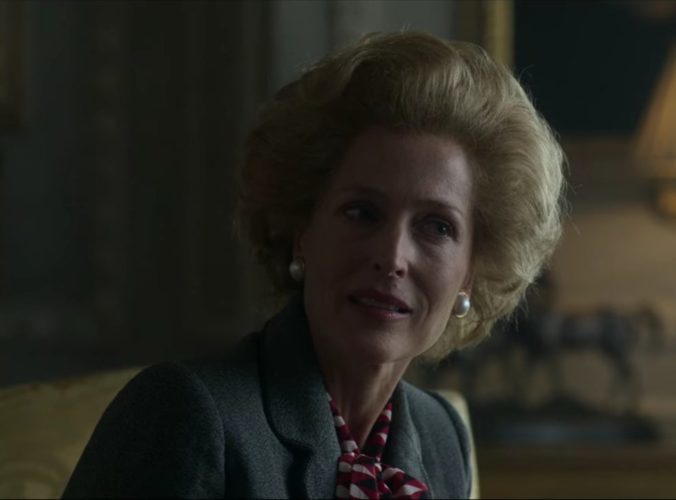 PM Margaret Thatcher | Gillian Anderson
PM Margaret Thatcher | Gillian Anderson
Emma Corrin makes an enchanting Diana, someone who due to her parents’ early divorce perhaps already carried inside her deep wounds which were sadly only exasperated once she married into the royal family. Corrin captures her essence in a way no one else seems to have in the past. Josh O’Connor portrays Prince Charles as another lost soul deeply damaged by parental neglect, you almost feel sorry for him until that is he transforms from a confused young man into the husband from hell, jealous of Diana’s growing popularity and unable to give up Camilla.
A marriage in crisis
Shots of the young Diana roller skating through Buckingham Palace during the early days of their engagement, set next to those of Charles, who despite being only in his thirties, already appears prematurely middle aged were maybe a warning that this was indeed not a match made in heaven. That their marriage did not survive is not a surprise what is though is the legacy of that divorce, a kind of demystification of the one remaining royal family which had up until that moment successfully managed to cloak itself in a kind of mystery. And now over three decades later we are still living with the consequences of this demystification. The papers report daily ever more pressing demands by the American authorities for an interview with Prince Andrew over his association with Epstein. It does feel that the rarefied position the Royal family once occupied is now gone forever.
Diana’s legacy
There are royalists who blame programmes like the Crown for this which I feel would be wrong since the writers have simply written fictionalised scenes around true events. Some of the details might be wrong but the general gist seems to be on the money. And on the face of it you understand the devotion the country has to the queen but question will that unquestioning love be extended to the next generation. In many ways watching this latest series you understand why Prince Harry and his wife Meghan Markle were happy to step back and relocate to America and then more recently secretly in the dead of night have their furniture here packed and shipped there, handing the keys of their British home over to his cousin. Perhaps they just wanted out from this stifling family and on the face of this recent series you absolutely understand why.
FORM-Idea London, 8th December 2020.
